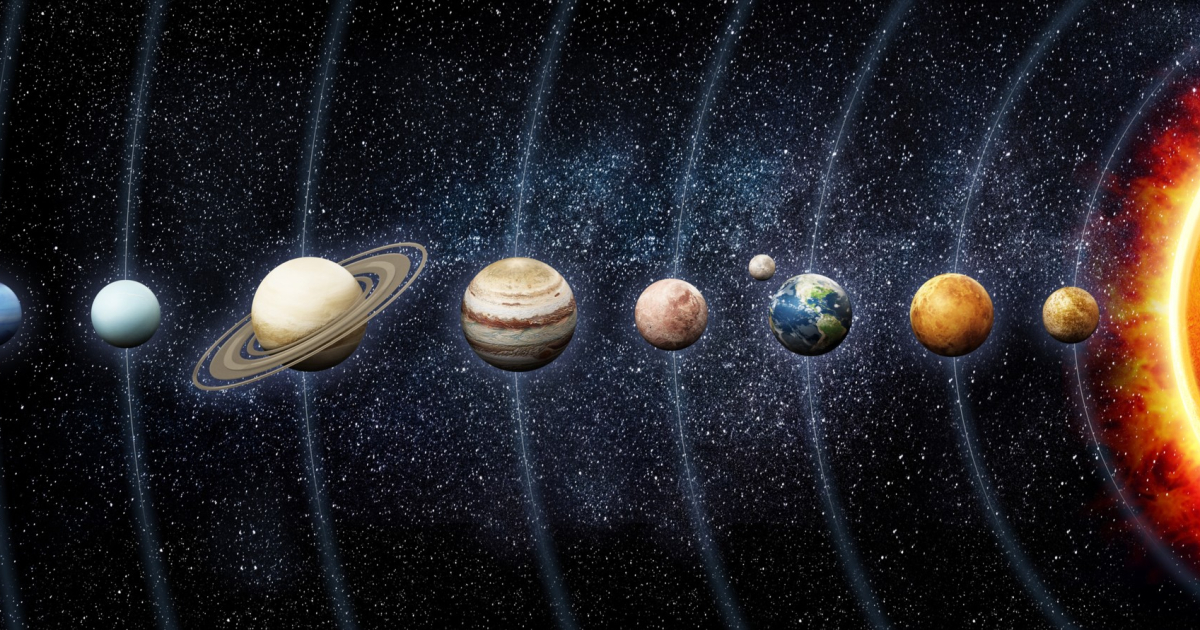Neptune is 4,500 million kilometers from the Sun.It is eighth from the Sun and the most distant planet in the Solar System. So, we can think of Neptune as the coldest planet in the solar system. However, even though he was one of the ice giants, does not show The title of the coldest planet in our solar system.
That honor belongs to Uranus.
Which is the coldest planet in the solar system?
Space is a very cold place
There are places where there is practically nothing to absorb the energy from the sun. Space averages -270.45 degrees CelsiusThat is, it is much less than absolute zero, where it stops molecular motion.
Our protagonist is Uranus It is “only” 20 times farther from the Sun than Earth And the lowest recorded temperature is -224 degrees Celsius.
How is Uranus cooler than Neptune if it is closer to the Sun?
from an average distance of 2.9 billion km) Uranus is 19.8 AU from the Sun. An astronomical unit (abbreviated AU) is the distance from the Sun to the Earth. From this distance, sunlight takes 2 hours 40 minutes to travel from the Sun to Uranus.
Although both (Neptune and Uranus) are too far from the Sun to record any heat, some of it comes from the planet’s core. The caveat here is that the other source of heat comes from methane in the atmosphere, which is the case Neptune has more methane in its atmosphere than Uranus, so Neptune is slightly warmer than Uranus.
Uranus’ atmosphere is composed mostly of hydrogen and helium, with small amounts of methane and trace amounts of water and ammonia. Methane not only represents one of the planet’s minor sources of heat, but also gives it its characteristic blue color.
The story of its discovery
We have to go back to the 18th century, when astronomers started using more sophisticated telescopes to observe the heavens. In 1781, the British astronomer William Herschel He made his own observations through a home-made telescope and observed an object in the sky that he had never seen before. At first he believed the object was a comet, but after further observations, he realized it was something much more remarkable. He discovered a planet. He studied it more thoroughly and baptized it “Star George”It was named after King George III of England, but it seems the name didn’t sit well with the rest of the scientific community, who finally decided to name it Uranus. In honor of the ancient Greek god of the sky.
The discovery is novel for several reasons: it is the first planet discovered from antiquity; It was the first planet to be detected through a telescope, a remarkable achievement in astronomy. Finally, It turns out that our solar system has more planets than previously thought, and there is much more to learn about our celestial neighbors. In fact, thanks to Herschel’s pioneering work, we know that there is more to our solar system than meets the eye, and that there is much more to learn about the universe we inhabit.
Note:
- University College London / NASA Solar System Temperature
- Jiang, J., Chen, X., Li, T., Wang, C., Shen, D., Zhao, S., Cui, H., Wang, C., & Zhang, F. (2020). Uranus: Simple, efficient SGX programming and its applications. Proceedings of the 15th ACM Asian Conference on Computer and Communication Security. https://doi.org/10.1145/3320269.3384763.
- Zwick, L., Souer, D., & Bučko, J. (2022). Prospects for local detection of dark matter with future missions to Uranus and Neptune. Astronomy & Astrophysics. https://doi.org/10.1051/0004-6361/202243741.


